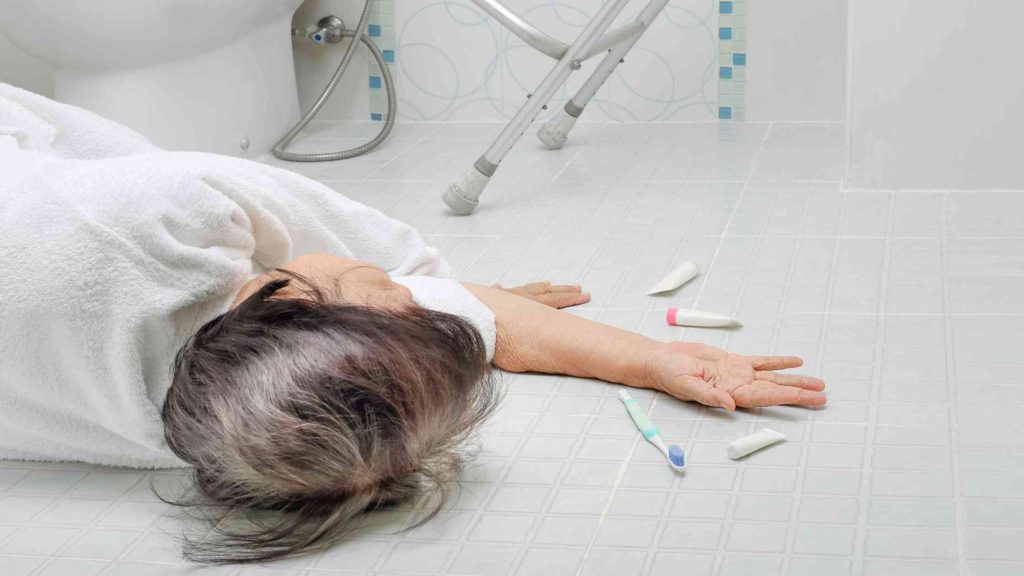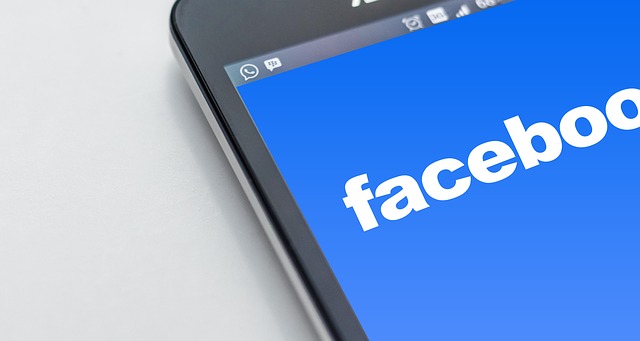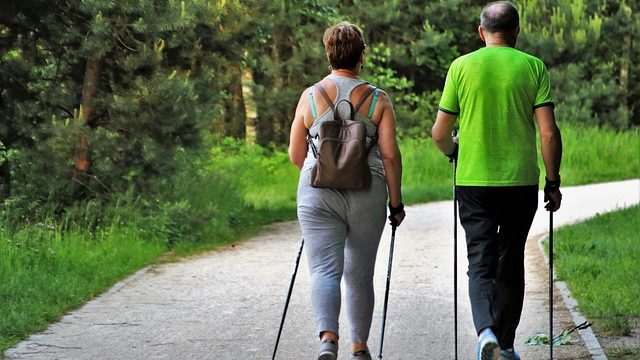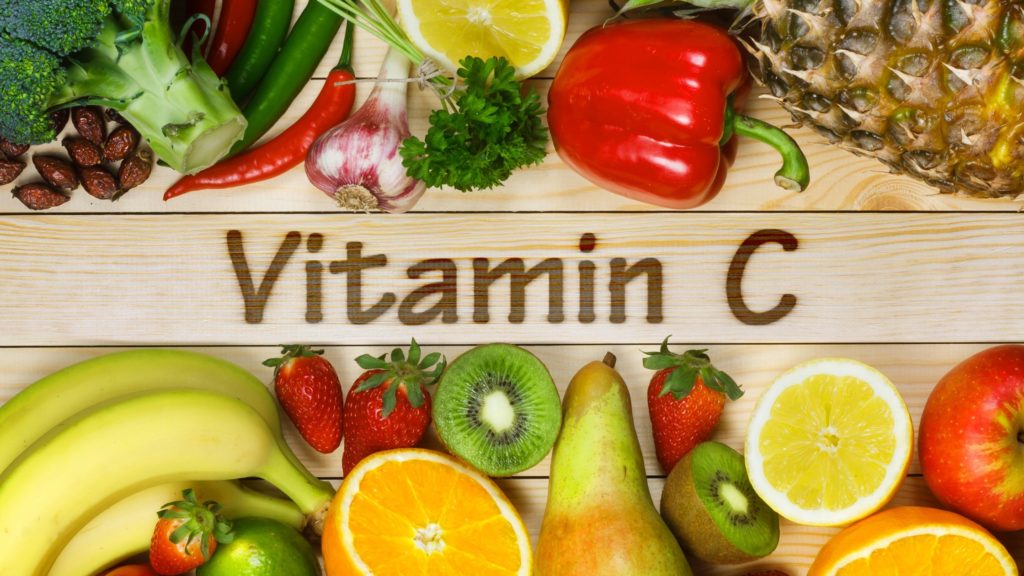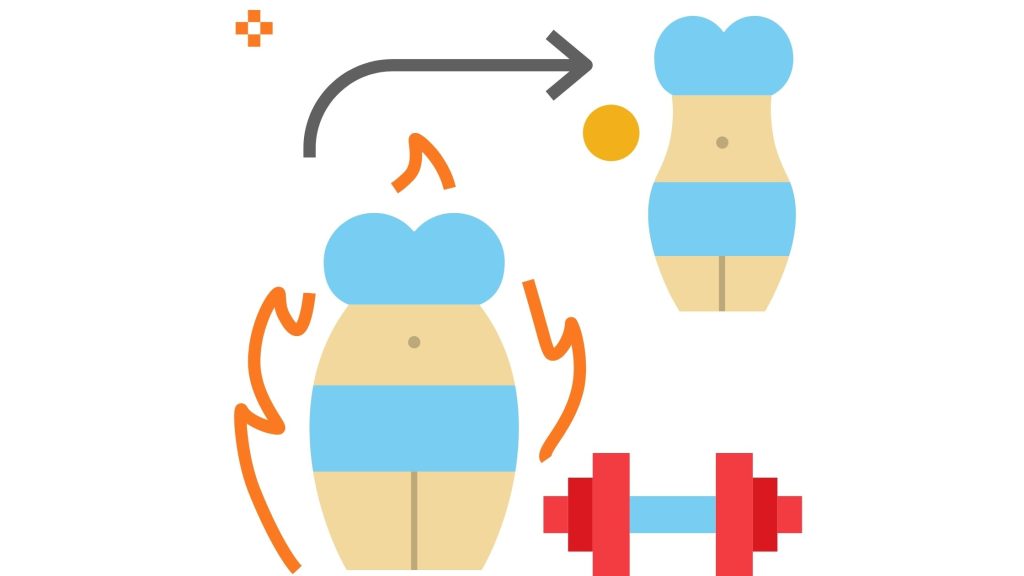Last updated on November 4th, 2022 at 06:23 pm
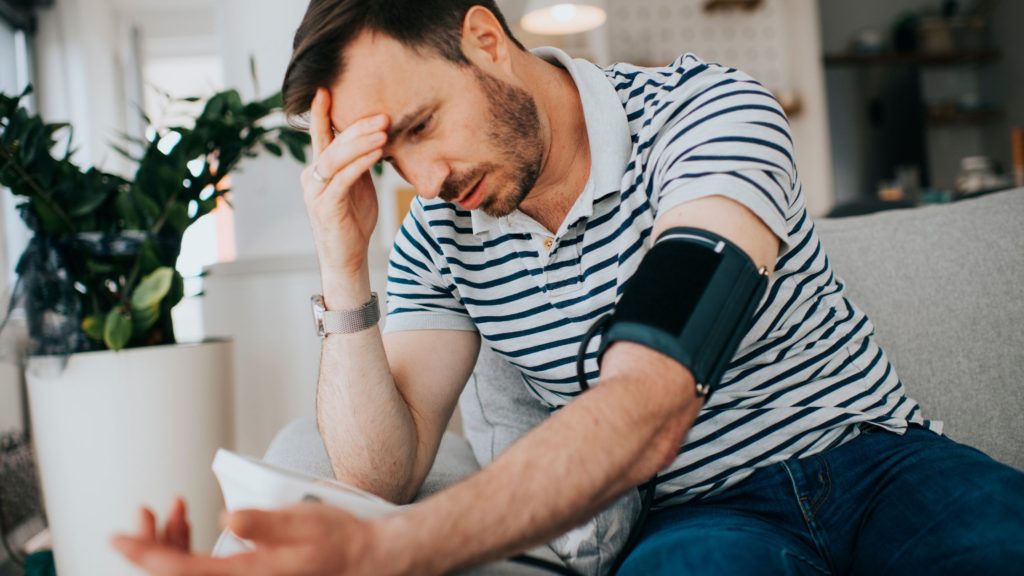
What high blood pressure causes? High blood pressure is one of the leading causes of death worldwide. According to World Health Organisation, “hypertension is called a “silent killer”. Most people with hypertension are unaware of the problem because it may have no warning signs or symptoms. For this reason, it is essential that blood pressure is measured regularly”. It is also a major cause of cardiovascular diseases. In this article, we will try to understand how elevated blood pressure affects our body and system. We will also learn natural ways of dealing with hypertension.
A healthy diet and regular exercise are two important ways to control your blood pressure. However, there are other natural remedies as well. Find out how to lower your blood pressure without medication. High blood pressure or HTN is a chronic disease that affects the heart and blood vessels.
What hypertension mean & what causes it
Hypertension is another name for high blood pressure, it is a condition when blood pressure becomes too high. Every one of us might have one or two members in our family suffering from high BP and you may be taking good care of them. But, have you ever wondered what actually is hypertension, what changes in our body it causes that make the condition so worrisome? To understand this we need to understand a little blood circulation system of our body.
Inside our body blood flow to each and every tissue through a network of blood vessels, think of these blood vessels as a water pipe. The blood vessels that carry pure blood are called arteries and the one that carries impure blood is termed veins. All these blood vessels are connected to the heart which pumps blood to each and every organ. Blood, when flows through arteries create certain pressure on the wall of arteries, this pressure on the wall of the artery is actually the blood pressure.
When we measure BP, the blood pressure monitors actually measure this arterial wall pressure and that is why when we use digital blood pressure monitors we must know the correct way to measure BP using a digital BP monitor. Now, blood pressure is the product of cardiac output and systemic vascular resistance1. Cardiac output is the amount of blood being pumped by the heart in a given time, the more amount of blood it pumps the high will be the pressure. Vascular resistance is the resistance to the flow of blood created by the arteries, it could be due to narrowing of passage or stiffening of the wall.
Having said this, patients with hypertension may have an increase in cardiac output, an increase in systemic vascular resistance, or both. In the younger age group, the cardiac output is often elevated, while in older patients increased systemic vascular resistance and increased stiffness of the vasculature play a dominant role1.
The Effects of High Blood Pressure
The narrow passage of arteries and stiff arterial walls makes it harder for the heart to pump blood through the body to maintain a constant amount of blood flow. This can cause damage to the heart leading to left ventricular hypertrophy and coronary artery disease. Left ventricular hypertrophy is an independent risk factor for cardiovascular disease, especially sudden death.
Coronary artery disease is associated with, and accelerated by, chronic arterial hypertension, leading to myocardial ischaemia and myocardial infarction. Chronic hypertension can even lead to heart failure. One of the major complications of elevated blood pressure is brain strokes; they result from thrombosis, thrombo-embolism, or intracranial haemorrhage. It can also result in kidney disease.
The condition may cause headaches, dizziness, vision problems, fatigue, leg cramps, and chest pain. Learn more about what high blood pressure can cause. People with high blood pressure should talk to their doctor about how to manage the condition. They may need to make some lifestyle changes, take certain medications, or undergo surgery.
How to Reduce the High Blood Pressure
A healthy diet and regular exercise are two important ways to control your blood pressure. However, there are other natural remedies as well. These include lifestyle changes, medications, surgery, and more. Lifestyle changes include eating healthy foods, exercising regularly, losing weight if needed, quitting smoking, and limiting alcohol consumption.
We will come to ways of managing hypertension naturally, but, there are several treatment options available for high blood pressure. Medications used to treat high blood pressure include beta blockers, calcium channel blockers, angiotensin converting enzyme (ACE) inhibitors, diuretics, alpha adrenergic receptor antagonists, and vasodilators. Surgery is an option for patients with severe hypertension who do not respond well to medication.
Here I have listed a few natural ways to lower elevated blood pressure.
#1 Active lifestyle and exercise
Research suggests that weekly exercise, comprising exercise activity of up to an hour or more, was identified to contribute to blood pressure control. This finding also revealed that the more we increase the frequency of exercise the better the outcome of hypertension control2. Here global recommendation of physical activities for adults aged 18–64 by WHO3.
- Should do at least 150 minutes of moderate-intensity aerobic physical activity throughout the week or do at least 75 minutes of vigorous-intensity aerobic physical activity throughout the week or an equivalent combination of moderate- and vigorous-intensity activity.
- Aerobic activity should be performed in bouts of at least 10 minutes duration.
- For additional health benefits, adults should increase their moderate-intensity aerobic physical activity to 300 minutes per week, or engage in 150 minutes of vigorous-intensity aerobic physical activity per week, or an equivalent combination of moderate- and vigorous-intensity activity.
- Muscle-strengthening activities should be done involving major muscle groups on 2 or more days a week.
#2 Eat More Fruits and Vegetables
A study indicates that patients with poor blood pressure control reported diets mainly composed of meats, fats, and starch25. Eating more fruits and vegetables will help reduce high blood pressure. They contain potassium, magnesium, calcium, fiber, and antioxidants. These nutrients help keep blood vessels flexible and prevent them from hardening.
Hypertension is also associated with increased BMI and obesity.
#3 Drink More Water
Drinking plenty of water helps flush toxins from your body and keeps your organs functioning properly. In addition, drinking enough water can help you lose weight by making you feel full longer.
#4 Cut Back on Salt
Sodium chloride (commonly known as salt) is an essential nutrient found naturally in foods such as meat, fish, eggs, milk, cheese, and vegetables. It also occurs naturally in seawater. Too much sodium in your diet can lead to high blood pressure. Now, this fact is well established by research that reducing salt intake is important for hypertension patients. A study reveals that a fall of 3.7 mm Hg systolic in hypertensives was observed by a mean reduction in sodium intake of 95 mmol/day5.
#5 Try Herbs and Spices
There are several herbs and spices that can help lower your blood pressure. These include garlic, ginger, cinnamon, cloves, cayenne pepper, and black pepper. You can use these ingredients in cooking or add them to your food when eating out.
You can also try high blood pressure supplements like olive leaf supplement for high blood pressure or other supplements rich in the extract from hibiscus Flower and niacin.
#6 Avoid Alcohol
If you drink alcohol regularly, you might not realize it raises your blood pressure. In fact, one study found blood pressure increased progressively with increasing alcohol consumption. The effect of alcohol on systolic blood pressure was independent of the effects of age, obesity, cigarette smoking and physical activity meaning, anyone consuming alcohol was found to be hypertensive45.
Another interesting finding revealed in the same study is that ex-heavy drinkers had blood pressures similar to those of teetotal-ers. It suggests that the effect of alcohol is reversible and if you stop taking alcohol hypertension can come to normal.
Keep Reading: Blood pressure, cholesterol in young adult linked to risk of heart attack later
Few hypertension related questions you may ask
What hypertension is?
What high blood pressure numbers?
Why high blood pressure is bad?
The author is a physiotherapist who has been practising for the last 17 years. He holds a Bachelor's in Physiotherapy (BPT) from SVNIRTAR (Swami Vivekananda National Institute of Rehabilitation and Research), one of the prestigious physiotherapy schools in India.
Whatever he learns dealing with his patient, he shares it with the world through blogs and e-books. He also owns a YouTube channel, "Sunit Physiotherapist" with over 8 lakh active subscribers. Here, he shares everything he gets to learn serving the patient.
